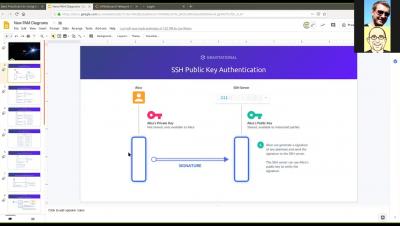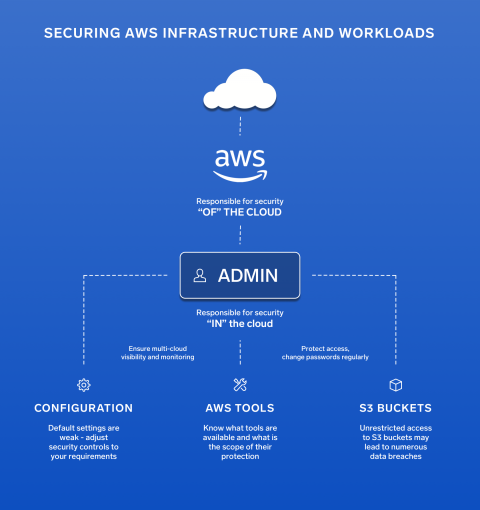Security | Threat Detection | Cyberattacks | DevSecOps | Compliance
%term
Multi-Cloud Security Best Practices Guide
A multi-cloud network is a cloud network that consists of more than one cloud services provider. A straightforward type of multi-cloud network involves multiple infrastructure as a service (IaaS) vendors. For example, you could have some of your cloud network’s servers and physical network provided by Amazon Web Services (AWS), but you’ve integrated that with your servers and physical networking that’s provided by Microsoft Azure.
Thousands of NHS computers are still running Windows XP from beyond the grave
Two years after the WannaCry ransomware outbreak shone a light on the computer security of the UK’s National Health Service, and five years after Microsoft said it would no longer release patches for Windows XP, the NHS still has 2300 PCs running the outdated operating system. The worrying statistic came to light in the response to a parliamentary question asked by shadow minister Jo Platt MP. The fact that 2,300 NHS computers are still running Windows XP is, obviously, not great news.
PCI DSS: Testing Controls and Gathering Evidence
Compliance with the Payment Card Industry Data Security Standard (PCI DSS) is not easy to achieve. Quite the opposite, in fact: A 2017 Verizon report stated that 80 percent of companies fail their PCI DSS assessments, and only 29 percent of those that pass are still compliant after one year. PCI DSS compliance, like information security as a whole, is not a one-and-done process but ongoing. To succeed, your enterprise must be vigilant.
Newly identified StrongPity operations
Alien Labs has identified an unreported and ongoing malware campaign, which we attribute with high confidence to the adversary publicly reported as “StrongPity”. Based on compilation times, infrastructure, and public distribution of samples - we assess the campaign operated from the second half of 2018 into today (July 2019). This post details new malware and new infrastructure which is used to control compromised machines.
A brief history of "Identity"
In ancient history, to be able to establish identity implied you had to recognize the person simply by their appearance. So typically, one actively transacted only with those in the same neighborhood or village. “One of the earliest known references to paperwork that served in a role similar to that of a passport is found in the Hebrew Bible.
Best Practices for Teleport with SSH & Kubernetes
Why you need to secure your AWS infrastructure and workloads?
Enterprises are increasingly adopting a cloud-first approach and migrating their workloads, data and applications to the Cloud. Amazon Web Services continues to lead the Public Cloud industry with more than 30% of the market. As digital transformation progresses and the digital space expands, so does the attack surface that exposes the ongoing proliferation of security risks. In today’s cloud-first world, security remains the primary concern.
Communication - The Forgotten Security Tool
Security professionals have many tools in their toolbox. Some are physical in nature. (WireShark, Mimikatz, endpoint detection and response systems and SIEMs come to mind.) Others not so much. (These assets include critical thinking faculties, the ability to analyze complex processes, a willingness—some call it a need—to dig in and find the root cause of an issue and a passion to learn and keep learning.) One such tool that’s often overlooked is, communication.
Jira Security Vulnerability CVE-2019-11581
On 10 July 2019, Atlassian released a security advisory for a critical severity vulnerability in most versions of Jira Server and Jira Data Center. The vulnerability was introduced in version 4.4.0, released in 2011, and affects versions as recent as 8.2.2, released on 13 June 2019. The good news is that users of Jira Cloud are not affected. But how many organizations are running Jira Server or Jira Data Center, and are vulnerable to this attack?









